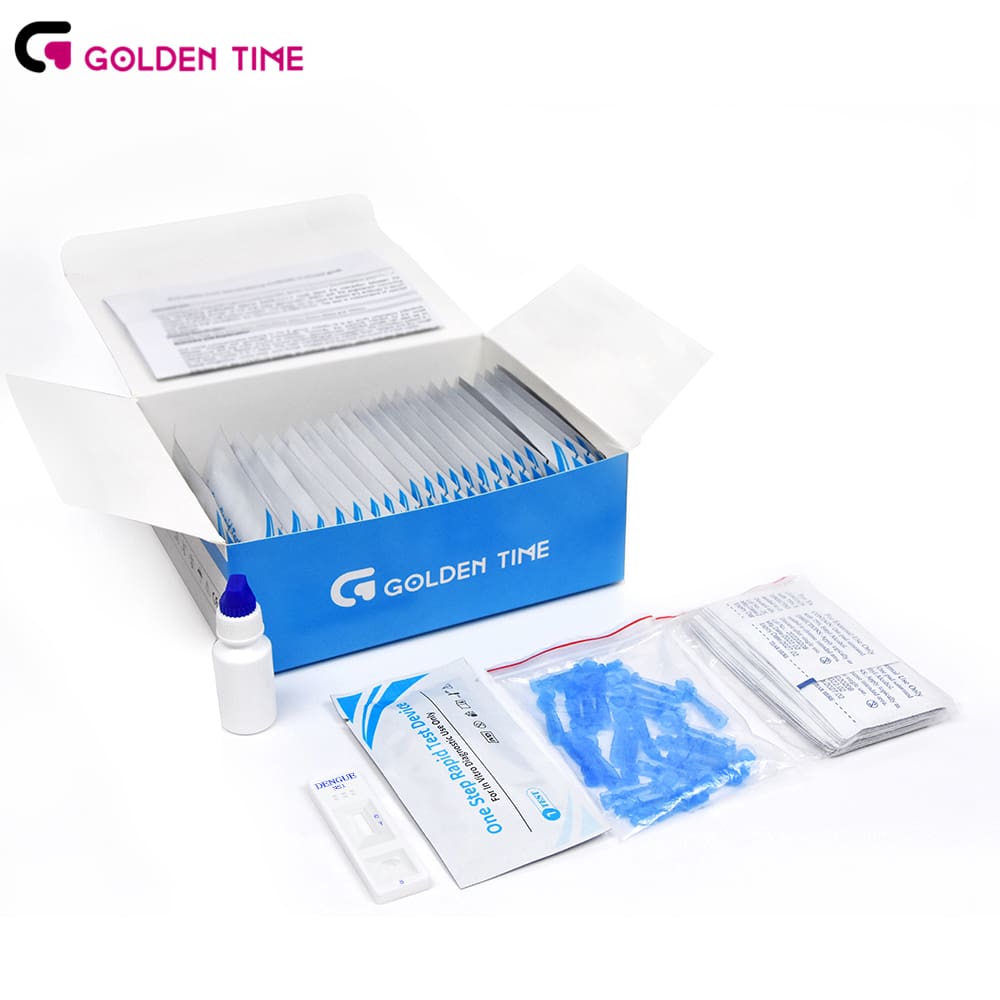Dec . 14, 2024 08:46 Back to list
Choosing the Right Ovulation Tracker Kit for Accurate Fertility Monitoring
Understanding Ovulation Tracker Kits A Guide by Manufacturers
In the realm of reproductive health, ovulation tracker kits have emerged as invaluable tools for individuals and couples trying to conceive, as well as those simply seeking to better understand their menstrual cycles. These kits are designed to help users identify their fertile windows by detecting hormonal changes in the body. This article explores the various types of ovulation tracker kits available and how they are manufactured to provide accurate results.
What Are Ovulation Tracker Kits?
Ovulation tracker kits are products that assist users in determining their ovulation period, which is crucial for conception. The primary function of these kits is to measure specific hormones in the body, primarily Luteinizing Hormone (LH), which surges just before ovulation. By detecting this surge, users can predict their most fertile days.
There are two prominent types of ovulation tracker kits
1. Urine-Based Tests These are the most common types of ovulation tests. Users collect a urine sample and dip a test strip or use a digital device that analyzes the sample for LH concentration. The results typically come in the form of two lines on a test strip or a digital readout.
2. Saliva-Based Tests These less common kits analyze saliva for changes that indicate ovulation. Users provide a saliva sample, which is observed under a microscope. The presence of ferning patterns in the saliva indicates an increase in estrogen leading up to ovulation.
The Manufacturing Process
Ovulation tracker kits go through a meticulous manufacturing process to ensure accuracy and reliability
. Here’s a breakdown of the key stages involved1. Research and Development Before manufacturing begins, extensive research is conducted to understand hormonal patterns in the body. Manufacturers work with healthcare professionals and scientists to create a reliable testing mechanism that accurately detects LH levels or other indicators of ovulation.
ovulation tracker kit manufacturer

2. Materials Sourcing Quality control is paramount in the manufacturing of ovulation kits. Manufacturers source high-grade materials that are necessary for accurate hormone detection, such as antibodies that bind to LH.
3. Production The production process involves precise engineering to ensure that each kit functions correctly. For urine tests, components include a test strip coated with reactive chemicals and a control line to verify the test’s functionality. In the case of saliva tests, microscopic slides need to be manufactured to allow for accurate observation of salivary changes.
4. Quality Assurance After production, each batch of ovulation tracker kits undergoes stringent quality checks. This includes testing random samples for sensitivity and specificity to ensure they are capable of detecting LH spikes or salivary changes accurately.
5. Packaging and Distribution Once the kits pass quality checks, they are packaged with clear instructions and educational materials. Proper labeling is essential for providing users with information about how to use the kit, interpret results, and understand the science behind ovulation.
Why Use an Ovulation Tracker Kit?
The benefits of using ovulation tracker kits are manifold. For individuals trying to conceive, these kits provide valuable insights into one’s cycle, enhancing the chances of successful conception. Moreover, they empower users with knowledge about their fertility health, leading to more informed decisions regarding family planning.
For individuals who wish to avoid pregnancy, understanding their ovulation cycle can also help in planning intercourse. Utilizing these kits can contribute to a balanced and comprehensive approach to reproductive health.
Conclusion
The evolution of ovulation tracker kits reflects the growing awareness and importance of reproductive health. With advancements in technology and manufacturing, these kits have become more accessible and efficient. As individuals engage with these products, they gain valuable insights into their bodies and fertility cycles, allowing for better planning and informed decisions. Whether trying to conceive or tracking menstrual health, ovulation tracker kits are essential tools in modern reproductive health management.
-
Accurate Cocaine (Coc) Rapid Test Kit | Fast & Reliable Detection
NewsJul.31,2025
-
Accurate HCG Pregnancy Test Strips | Fast Home Use Kit
NewsJul.31,2025
-
Reliable Early Pregnancy Test Kit Supplier - Multi Plastic Cassette Options
NewsJul.30,2025
-
Transferrin Rapid Test Cassette – Reliable Tumor Marker Detection
NewsJul.29,2025
-
Accurate Follicle Stimulating Hormone Test Kit | Rapid Reliable Results
NewsJul.29,2025
-
High Accuracy LH Ovulation Test Kit - Digital Results & Wholesale Options
NewsJul.29,2025

